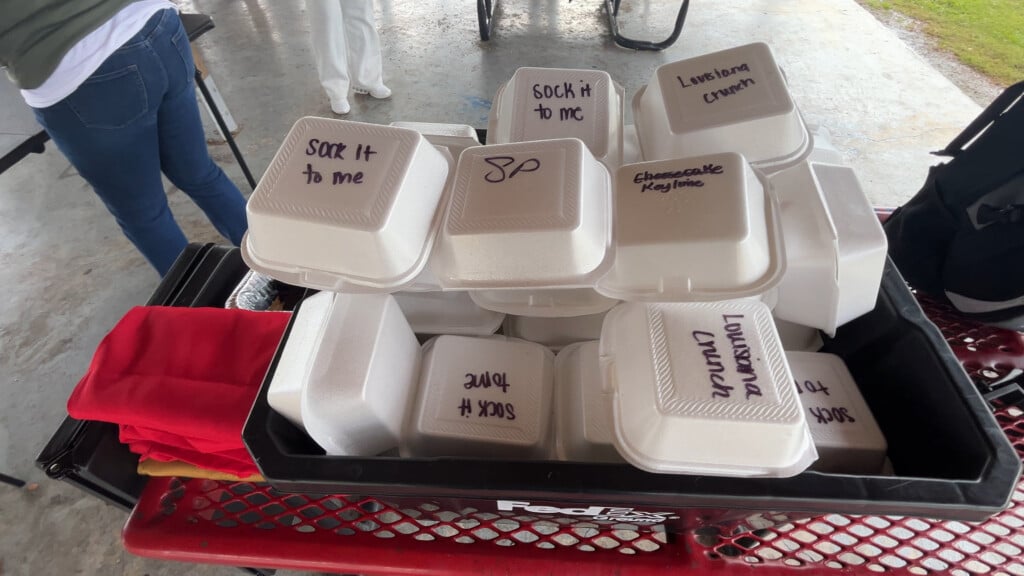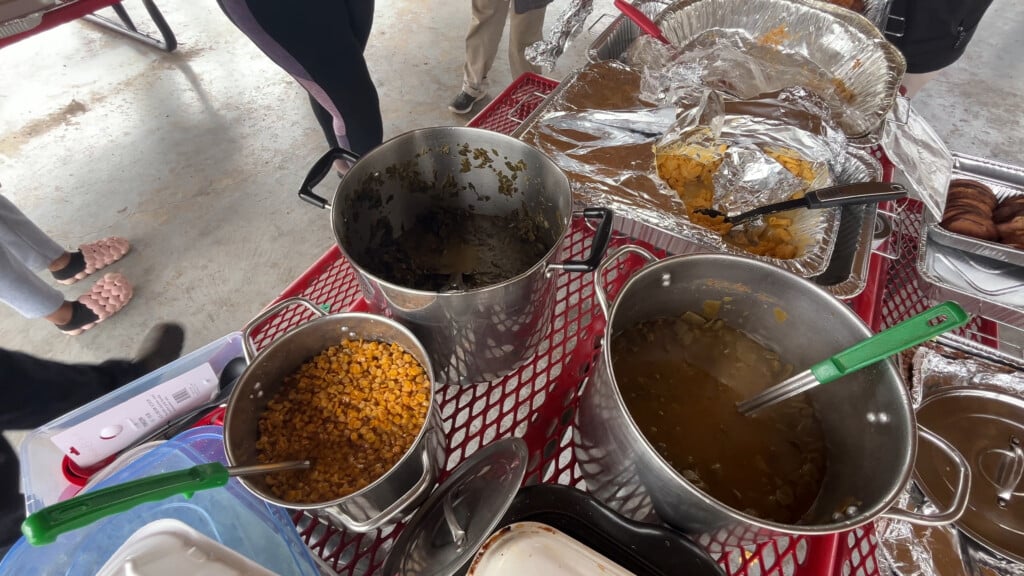This business owner received one of the first SBA loans
Amy Wright, co-founder of Bitty and Beau’s Coffee, was among the first business owners to secure a Paycheck Protection Program loan through the U.S. government’s $350 billion relief program for small employers. She and her husband founded the Wilmington, North Carolina-based company four years ago to create employment opportunities for people with disabilities, and it now has 120 employees across four states. Wright spoke with CBS MoneyWatch about her experience applying for the federal loan and what it means for her business. This interview has been edited for length and clarity.
CBS MoneyWatch: How is your business different from other small coffee chains?
Amy Wright: We founded Bitty and Beau’s coffee in January 2016 to employ people with disabilities. Our two youngest children, Bitty and Beau, both have Down syndrome, and one of the obstacles that people with disabilities face is meaningful employment. We didn’t want our kids joining the ranks of the unemployed, so we started a business to create jobs for people with disabilities. Our headquarters is in Wilmington, North Carolina, where we have two shops. We also have shops in Charleston, South Carolina, Savannah, Georgia, and Annapolis, Maryland. We’ve been in business for over four years and were supposed to open a sixth shop in Wilmington in a couple of months.
Many business owners say the process of applying for a Paycheck Protection Program (PPP) loan has been frustrating and confusing — they also have no idea when, or even if, they’ll get the money. Bitty and Beau’s is one of the first businesses that we’re aware of that has actually secured the loan. What was the process like for you?
Our lenders at Live Oak Bank in Wilmington have always been huge supporters of our business. We have done Small Business Administration financing through them before when we have opened new shops. When they heard we had laid off our employees, we started a conversation with them.
When the PPP loan became available last week, they held our hand, walked us through the process and made sure we were in line for this. We have a longstanding relationship with them — a lot of their employees are customers of ours. They helped us get this funding so we can put our 120 employees back on the payroll. The amount of the loan was 2.5 times our payroll across all five of our shops.
The best advice I have for anyone navigating the loan process is to make it personal. Share your story with any bank that will listen to help them better understand your needs.
Your shops remain closed. Do you plan on rehiring all of your employees now that you’ve landed this emergency funding?
Yes. We have come up with creative ways to re-engage our staff so that they are able to work from home, feel like they are contributing to the business and continue to receive their paychecks. Our goal is to have everybody back to work by Monday. They all have new job descriptions, new duties. We aren’t going to reopen — it’s too dangerous.
What kinds of jobs will they do?
We have an online business where we ship customers our coffee beans and merchandise — everything from shirts to hats to mugs. Employees include a handwritten note with each order. Our employees will continue to work on that from home. We are also sending video messages to our customers and designing new training materials to help other companies see the value in employing people with disabilities.
Other small business owners say their loan applications haven’t yet been approved, much less funded. How does it feel to be among the first businesses to actually receive money through the program?
It’s so ironic, because 80% of people with disabilities are unemployed, so the fact that we are one of the first businesses to receive this loan and be able to bring our employees back on the payroll is an ironic kind of thing. Our employees have spent most of their lives feeling marginalized, so I think this is very validating.
It’s definitely a game changer for us. A lot of our employees have been nervous and wondering what their futures would look like after we had to make those temporary layoffs. Our plan is to rehire everybody.
How does it feel to be able to rehire your staff?
We employ 120 people with intellectual and developmental disabilities including Down syndrome, autism and cerebral palsy. They all earn above minimum wage and are saving and planning for their futures. It is most of our employees’ first jobs. So the decision we made to close two and a half weeks ago was a heavy decision for us.
There is a lot of fear that comes along with this pandemic, but we felt that it was the right thing to do for the well being and safety of both our employees and our customers. While we temporarily laid off 120 employees, our intention has always been to open back up.
How are you doing otherwise? What’s family life like these days?
Some days, It’s like being on “Survivor,” trying to manage the household and business at the same time.





Leave a Reply